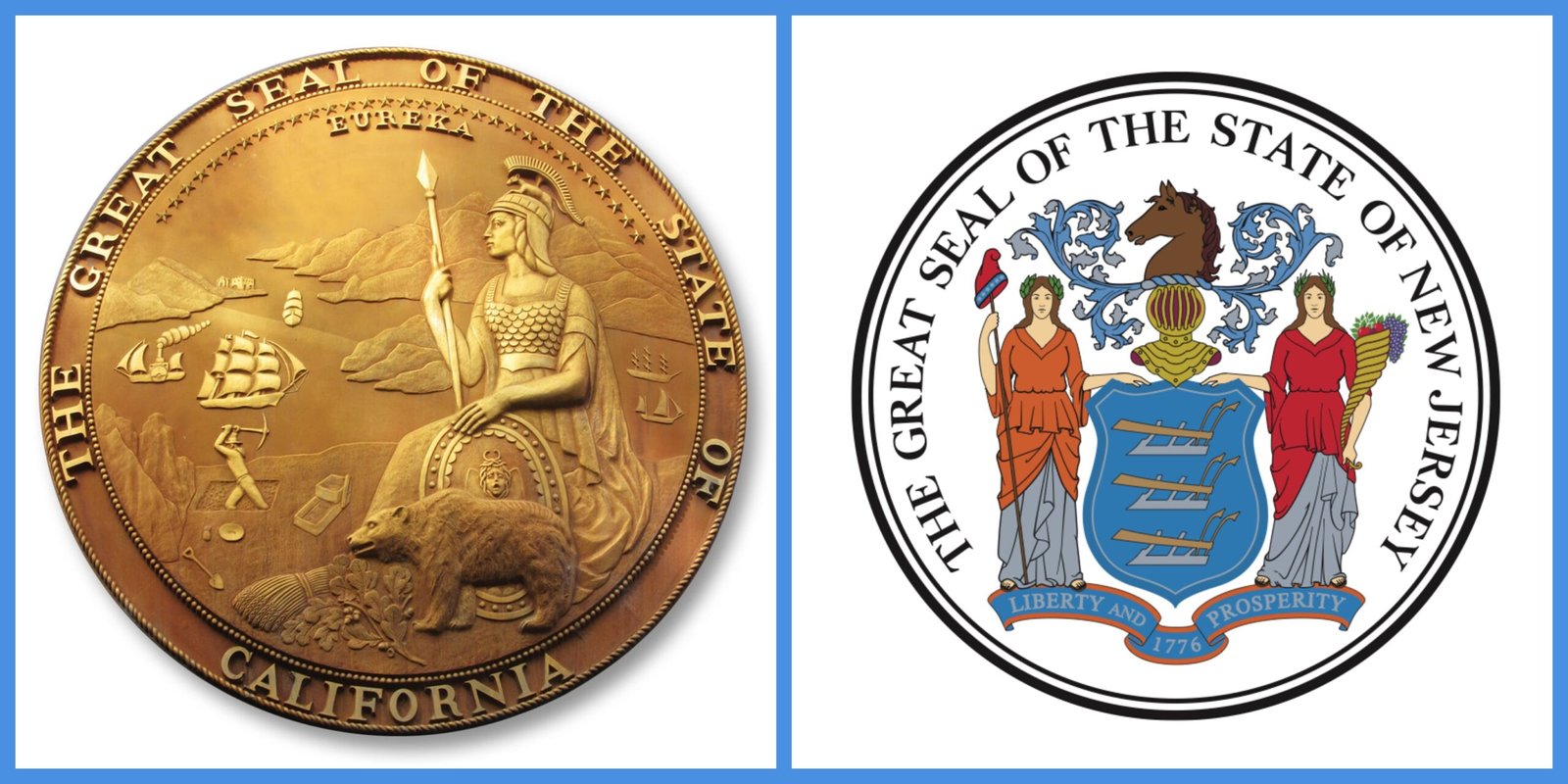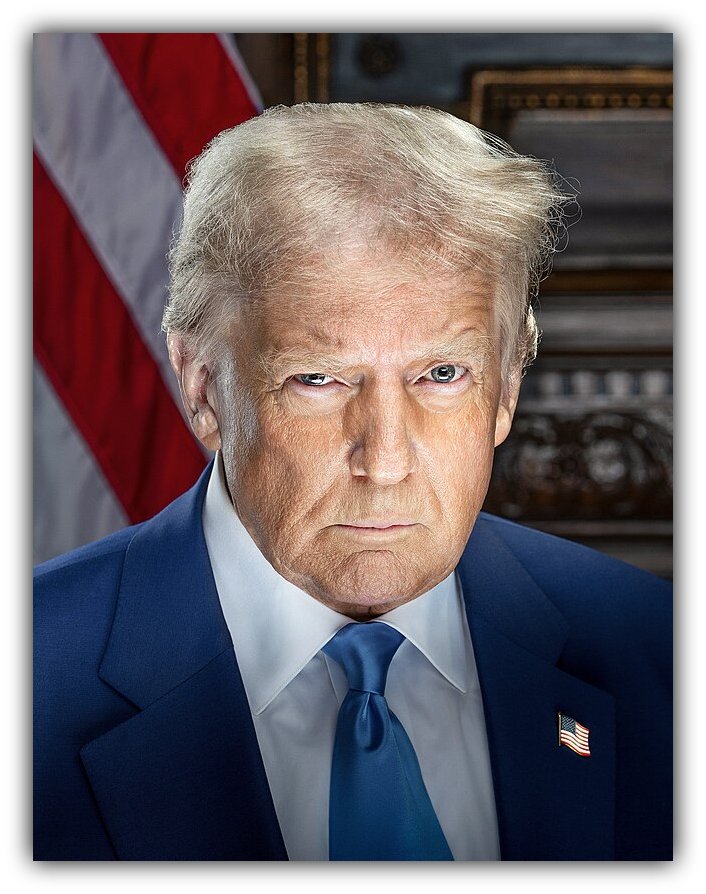By Gina Hill | Alaska Headline Living | October 2025
The Department of Justice has announced plans to send federal election monitors to select counties in California and New Jersey ahead of next month’s elections, a move grounded in federal law, but raising important constitutional questions about where Washington’s authority ends and the states’ begins.
The DOJ confirmed in its own press release that it will monitor polling sites in Los Angeles, Orange, Kern, Riverside, and Fresno counties in California, and Passaic County, New Jersey, stating the initiative is “to ensure transparency, ballot security, and compliance with federal law.”
(justice.gov)
But while the monitors are coming, so are the legal doubts.
A Legal Foundation … With Limits
The Justice Department’s power to monitor elections comes from the Voting Rights Act of 1965 (VRA) and related statutes that protect the rights of eligible citizens to register and cast ballots.
(justice.gov)
In its release, the DOJ emphasized that its Civil Rights Division “enforces various federal statutes that protect the right to vote, including the Voting Rights Act, National Voter Registration Act, Help America Vote Act … and the Civil Rights Acts.”
Historically, the VRA allowed federal observers under Section 3(a) or certification under Section 8, particularly in jurisdictions with documented histories of racial discrimination in voting. But after the Supreme Court’s decision in Shelby County v. Holder (2013), the automatic formula determining which jurisdictions were covered was invalidated, requiring more specific case-by-case determinations.
This means: while there is legal foundation for federal monitoring, it’s not carte-blanche for the DOJ to oversee anyelection, the federal interest must be clearly tied to enforcing a federal voting-rights law or other statute.
What Federal Election Monitors Can … and Cannot … Do
Under the Voting Rights Act of 1965, the U.S. Department of Justice (DOJ) is authorized to send federal election monitors and observers to polling places in certain jurisdictions to ensure compliance with federal voting laws — particularly where there’s a history of discrimination or court orders in place. But their authority is narrow and highly regulated.
✅ What They Can Do
- Observe procedures inside polling places to ensure that voters are not being discriminated against on the basis of race, language, or disability.
- Take notes on interactions between poll workers and voters, including any signs of intimidation or barriers to voting.
- Report findings directly to DOJ’s Civil Rights Division, which may investigate or act on possible violations.
- Communicate with election officials to clarify procedures or respond to emerging legal concerns, if done through proper channels.
- Monitor compliance with federal consent decrees or court orders in specific jurisdictions.
In some instances, federal observers, distinct from DOJ attorneys, are authorized by a federal court order and are placed under the supervision of the U.S. Office of Personnel Management (OPM). These individuals can be inside polling places but cannot interfere with the voting process.
❌ What They Cannot Do
- Interfere with voting, ballot handling, or poll worker duties.
- Instruct voters or poll workers, or challenge voters’ eligibility.
- Record or photograph voters, except in narrowly permitted circumstances to document violations.
- Act without authorization: DOJ monitors must coordinate with state and local officials and operate under strict federal guidelines.
- Engage in partisan activity or favor one political party.
Federal monitors differ from party-affiliated “poll watchers” who are designated by political parties or candidates under state law. Those individuals have separate rules, often more restrictive, and must comply with state election codes governing how close they may be to voting booths or how they report concerns.
In short: federal election monitors observe and report. They do not intervene. Any interference or unauthorized activity could itself constitute a violation of election law or voter intimidation statutes.
The Line Between Oversight and Overreach
In practice … what federal “monitors” do, and where they are allowed to go … matters a lot.
- The DOJ’s press release states that the Civil Rights Division will “deploy Civil Rights personnel who will coordinate with U.S. Attorney’s Offices” and “will be available to receive questions and complaints from the public related to possible violations of federal voting-rights laws.”
- It does not claim blanket authority to take over state-run election procedures. Instead, the wording suggests more of a supporting, oversight role, though the extent of access (inside polling places, observation of counting, etc.) is not spelled out.
- Under state laws, polling-place access and election mechanics are typically under the “primary responsibility” of the states. For example, California officials noted that the ballot in question is “a state-only” initiative, and questioned the federal role.
(apnews.com)
Edward Casper, Acting Co-Chief Counsel for the Lawyers’ Committee for Civil Rights Under Law, framed the historical importance of DOJ involvement this way:
“The United States Department of Justice has a nearly 60-year history of addressing Election Day issues to safeguard the voting rights of Black citizens and other communities of color.”
– Edward Casper, Lawyers’ Committee for Civil Rights Under Law
(apnews.com)
Casper’s point underscores the legal heart of the matter. The DOJ’s authority is meant to protect against civil-rights violations, not to manage how states run their polls.
Thus:
- ✅ What is clearly legal: The DOJ monitoring to enforce federal statutes (e.g., racial discrimination, language access, voter-roll maintenance) is a valid federal interest.
- ⚠️ What is borderline: When the election involves only state or local offices/initiatives (no federal office on the ballot), and/or when the federal presence might affect the state’s exclusive domain of running elections, the legal justification becomes murkier.
- ❌ What may cross the line: If federal monitors are effectively supervising vote counts, entering polling places in ways not permitted by state law, or interfering with state-defined election mechanics without a clear federal law violation, that would raise constitutional concerns.
Politics in the Background
What makes this deployment especially contentious:
- The monitors are headed to states where the upcoming election includes only state-level initiatives or contests (e.g., California’s proposed redistricting initiative).
- The request for monitoring came from the states’ Republican parties, reversing the usual dynamic where Democrats typically pushed for federal oversight in GOP-led states accused of voter suppression.
- The DOJ’s own statement emphasizes “fair, free, transparent elections” and “upholding the highest standards of election integrity.”
(justice.gov)
California Governor Gavin Newsom responded sharply:
“We don’t need federal agents hovering over our polling stations in a state-run vote. Elections belong to the people of California, not Washington.”
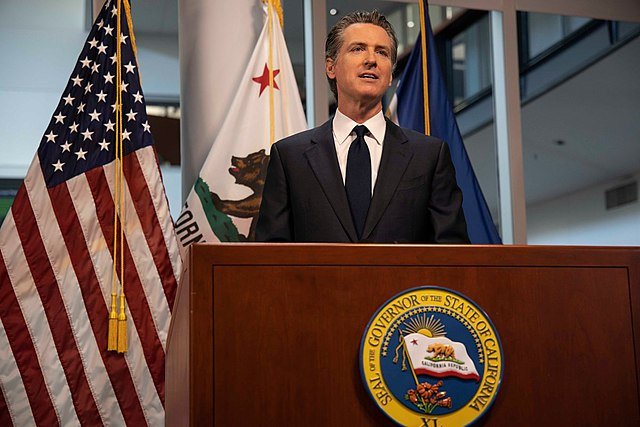
Meanwhile, New Jersey Assemblyman Benjie Wimberly said the federal attention “could galvanize urban voters protective of their sacred voting rights.”
(apnews.com)
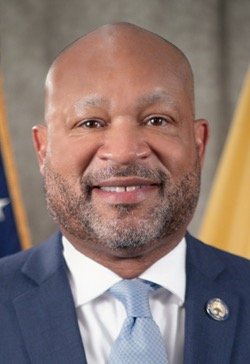
A Precedent to Watch
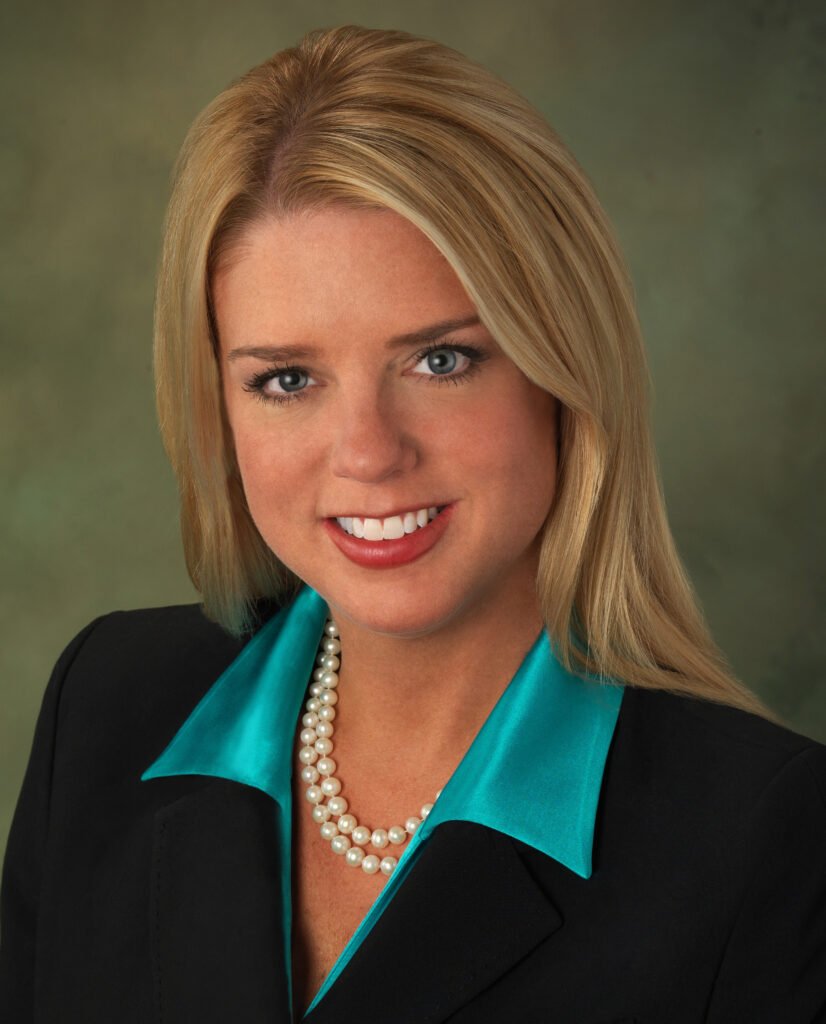
For now, Attorney General Pamela Bondi has stated the monitors will act under the “highest standards of neutrality and transparency.”
(justice.gov)
But election lawyers across the country will be watching closely:
- Will the DOJ seek state permission or cooperation for its monitors?
- Will monitors be allowed inside polling places, or will they be limited to public vantage points?
- And will courts view this as legitimate oversight … or as overreach?
If the federal government is seen to be directing, controlling, or heavily influencing state elections under the guise of monitoring, that could trigger constitutional challenges under the Tenth Amendment, the Elections Clause, and long-standing precedent on state control of elections.
Find your state’s guide to Poll Watchers from the U.S. Election Assistance Commission.
Sources:
- U.S. Department of Justice, Press Release: Justice Department to Monitor Polling Sites in California, New Jersey.
(justice.gov) - Associated Press, DOJ prepares to send election monitors to California, New Jersey following requests from state GOPs.
(apnews.com) - Associated Press, Justice Department Election Monitors in Republican States.
(apnews.com)

